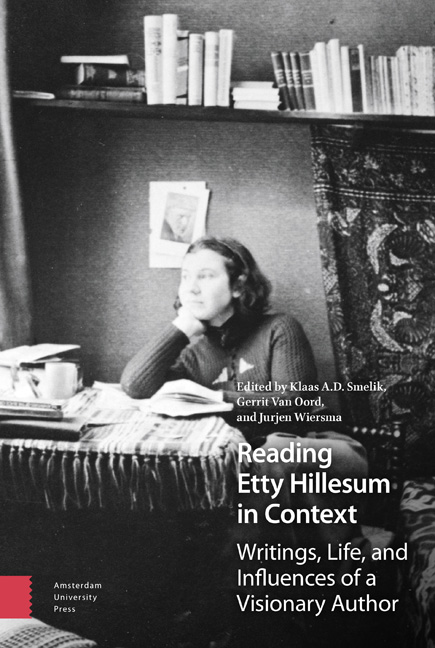6 - One Ought to Write a Chronicle of Westerbork
Published online by Cambridge University Press: 06 January 2021
Summary
Abstract
Westerbork was a concentration camp with greatly varied realities. It was “a world of its own” and life there was difficult to describe. In summer 1942, Etty Hillesum was inspired to murmur: “One ought to write a chronicle of Westerbork,” to which her companion replied, “Yes, but to do that one would have to be a great poet.” Hillesum agreed. She had been writing about life in the camp in her journal and letters, but was not (yet) a chronicler, something that she herself realized – being a professional chronicler had different requirements. This essay explores crucial elements from the doctoral theses of two Dutch historians, Eva Moraal and Marieke Meeuwenoord. The result is a type of mosaic that could be characterized as a chronicle – adequately and truly capturing the plight and predicament of Camp Westerbork and its inmates.
Keywords: Camp Westerbork, chronicle(r), Holocaust/Shoah, concentration camp, personal history, Etty Hillesum
The Jewish Council in Amsterdam appointed Etty Hillesum to an administrative position in its organization in mid-July 1942. She did not remain long in that position, however, becoming a social worker in the transition camp of Westerbork by the end of her first month on the job. Her task: To take care of all the men, women, and children who were being deported to Eastern Europe. In the first year, remarkably, she was permitted to travel freely between Amsterdam and Camp Westerbork. In June of 1943, the door slammed shut on that privilege, Etty Hillesum herself was deemed a prisoner and had to remain in Camp Westerbork as an inmate.
Introduction
Etty Hillesum had a promise to keep. She had assured two sisters in The Hague (there is no record of their names) that she would write a letter telling of her experiences in Camp Westerbork. She began her letter at the end of December 1942, but hesitated: “Now I am worried about just what I should describe to you about life in Westerbork?” The only thing that Etty Hillesum had known about the province of Drenthe, where the camp was located, was that it was the site of megalithic tombs. But what she found there – between the “heather and the sky” – was a village of wooden barracks, fenced by barbed wire.
- Type
- Chapter
- Information
- Reading Etty Hillesum in ContextWritings, Life, and Influences of a Visionary Author, pp. 143 - 156Publisher: Amsterdam University PressPrint publication year: 2018



